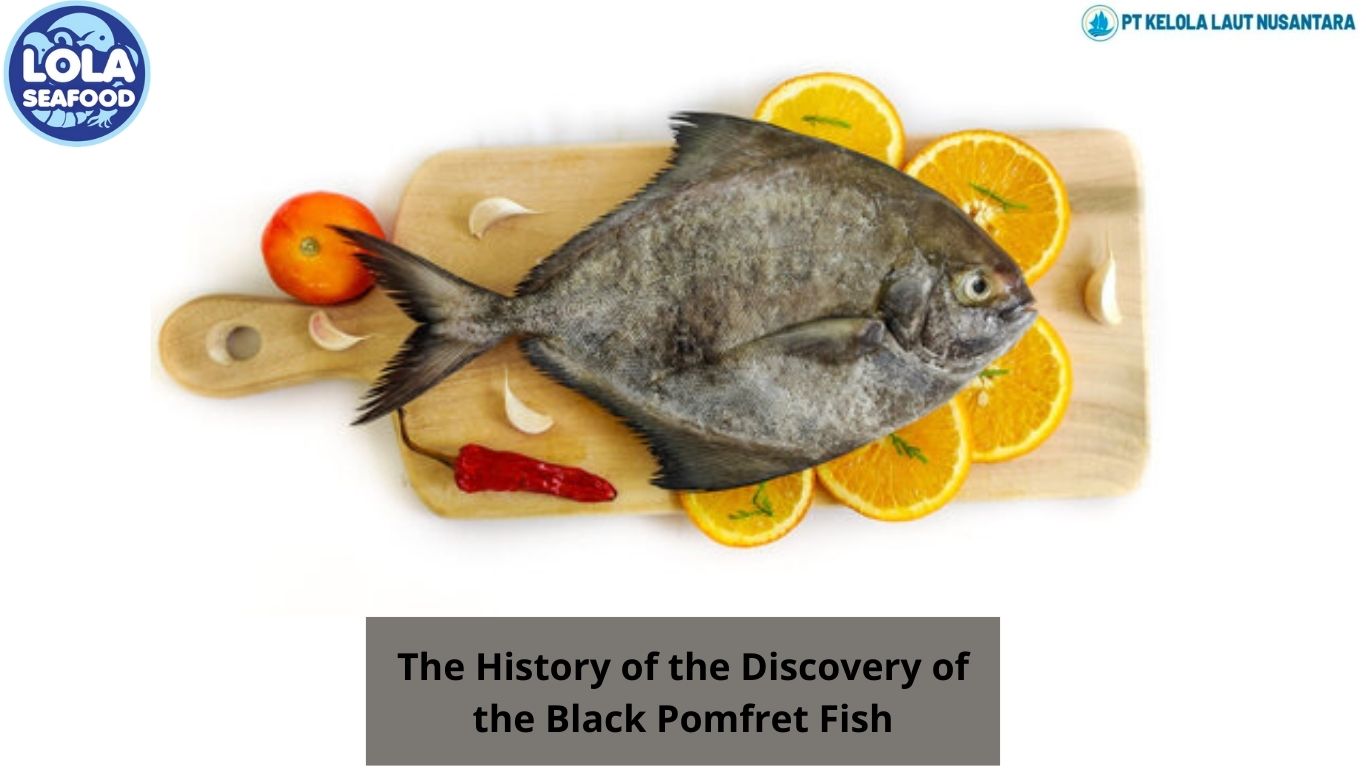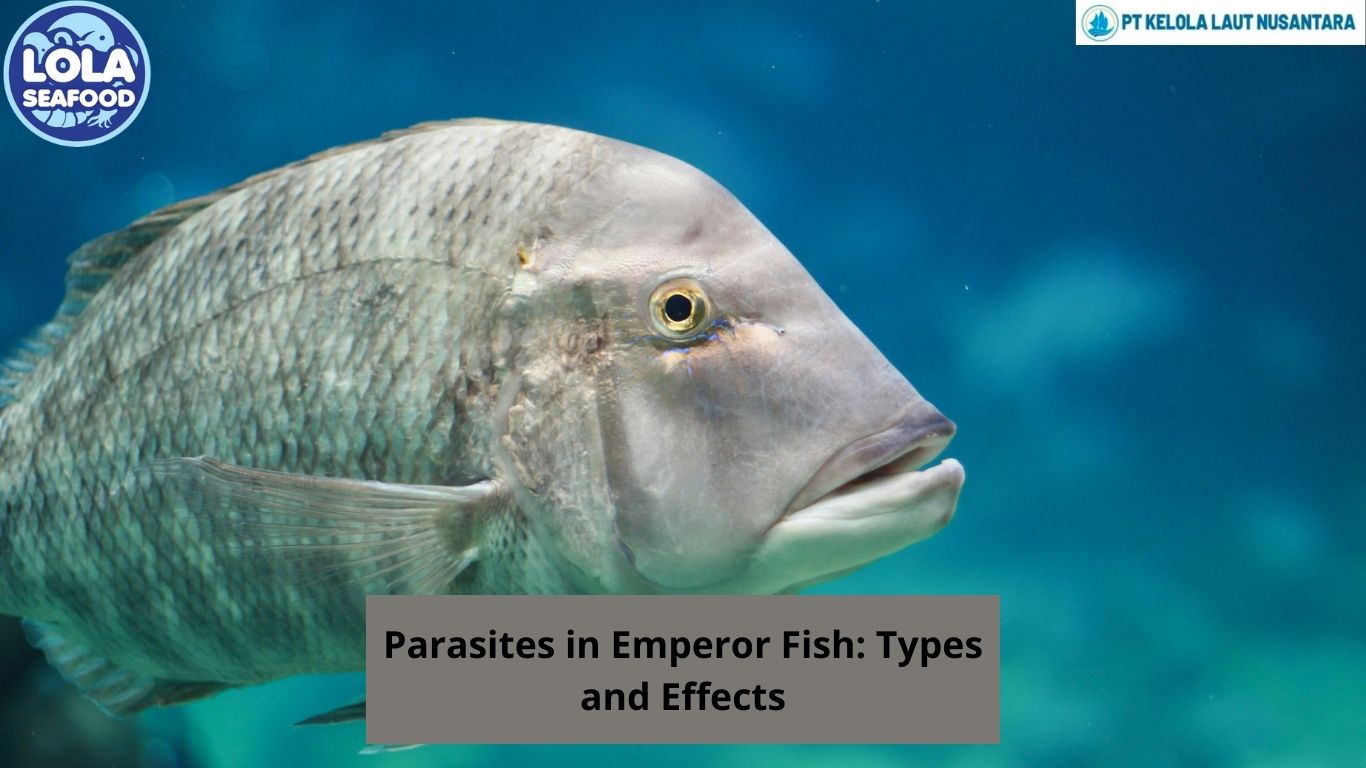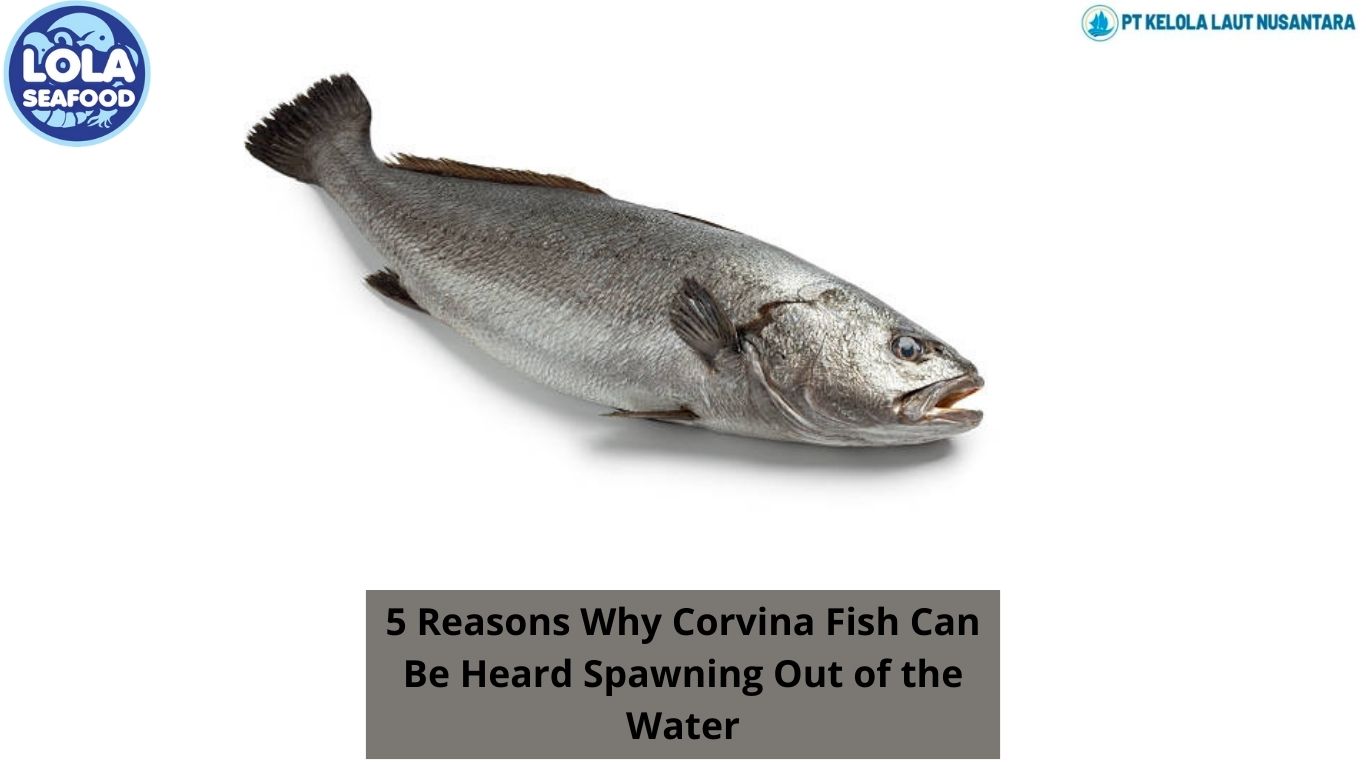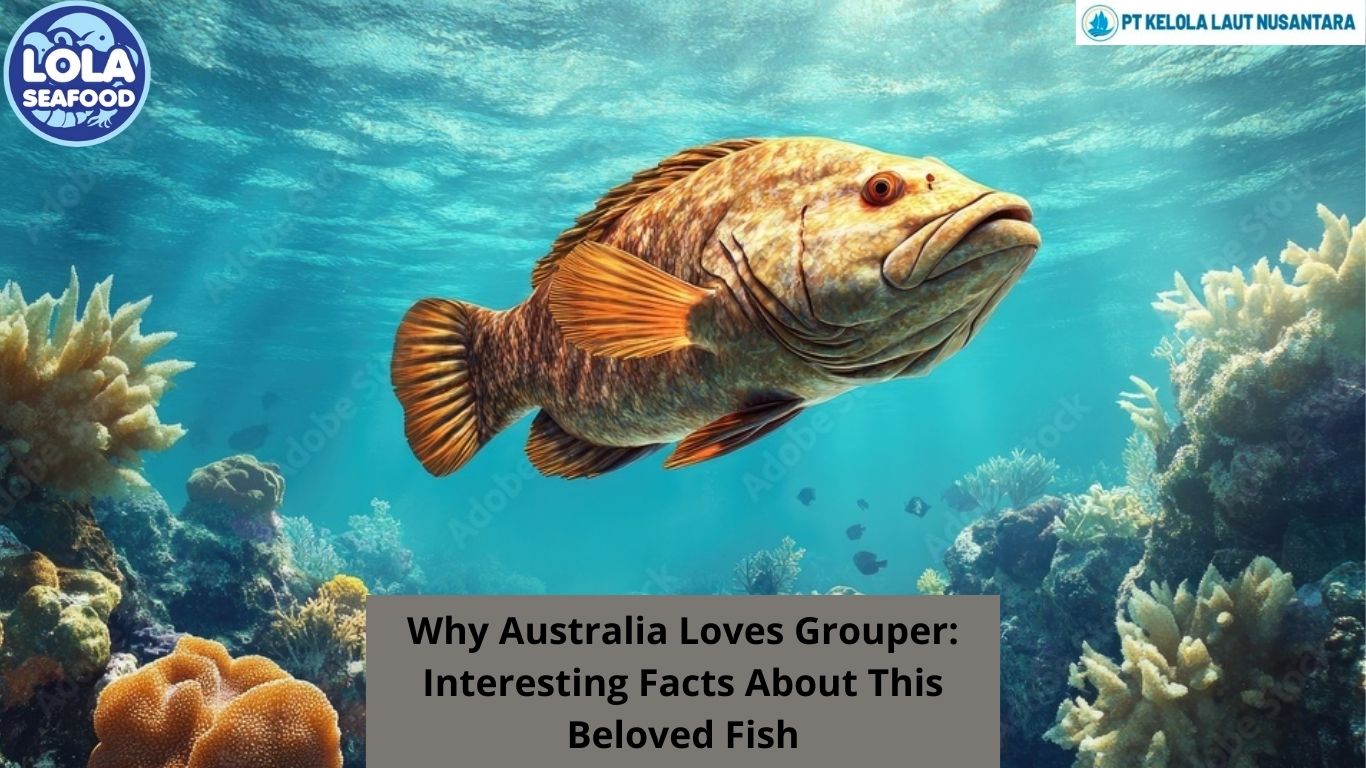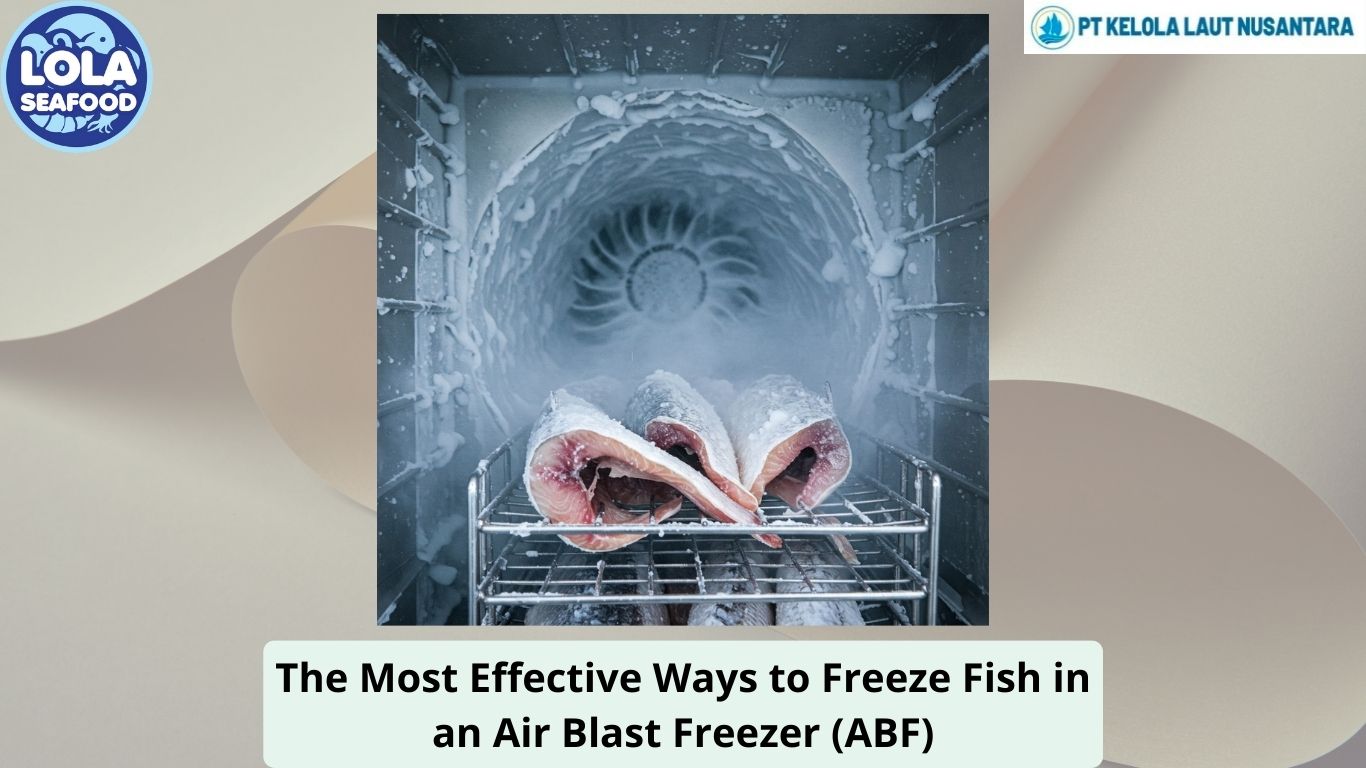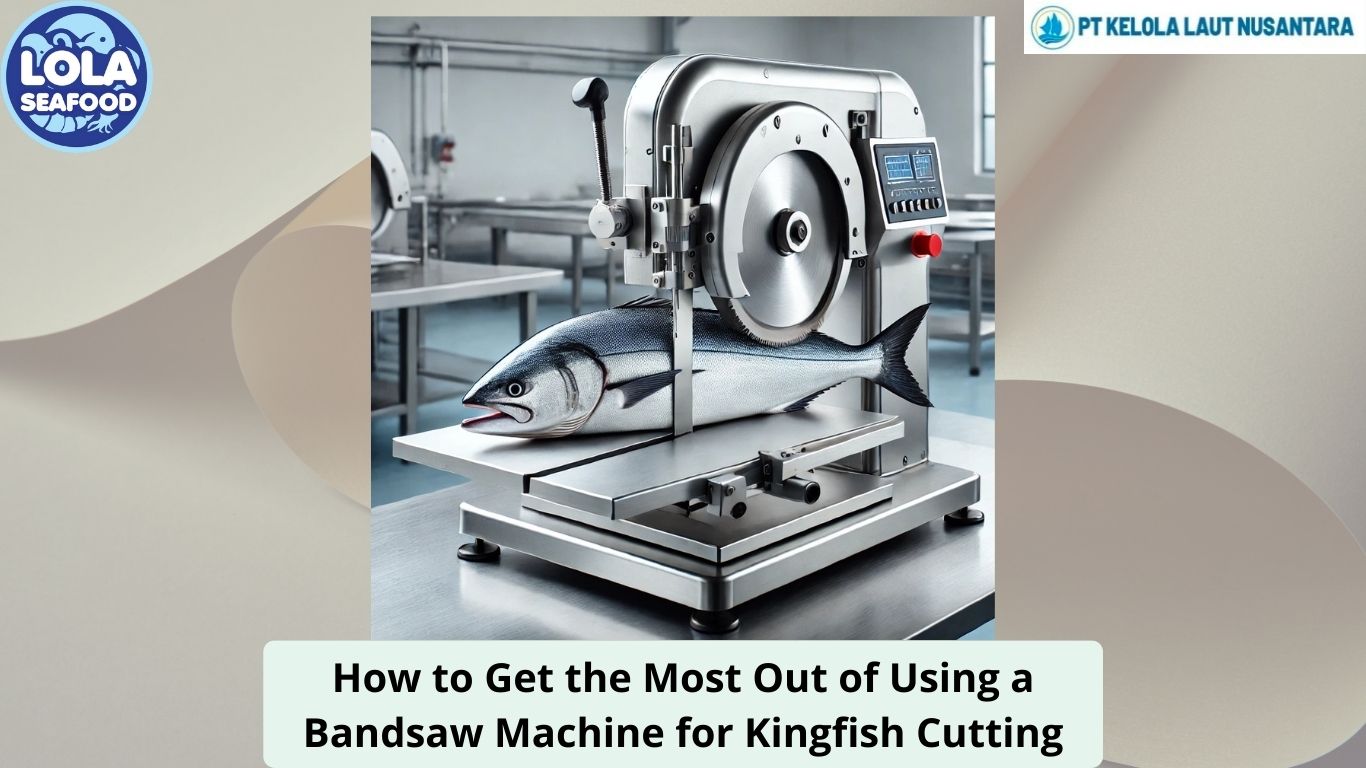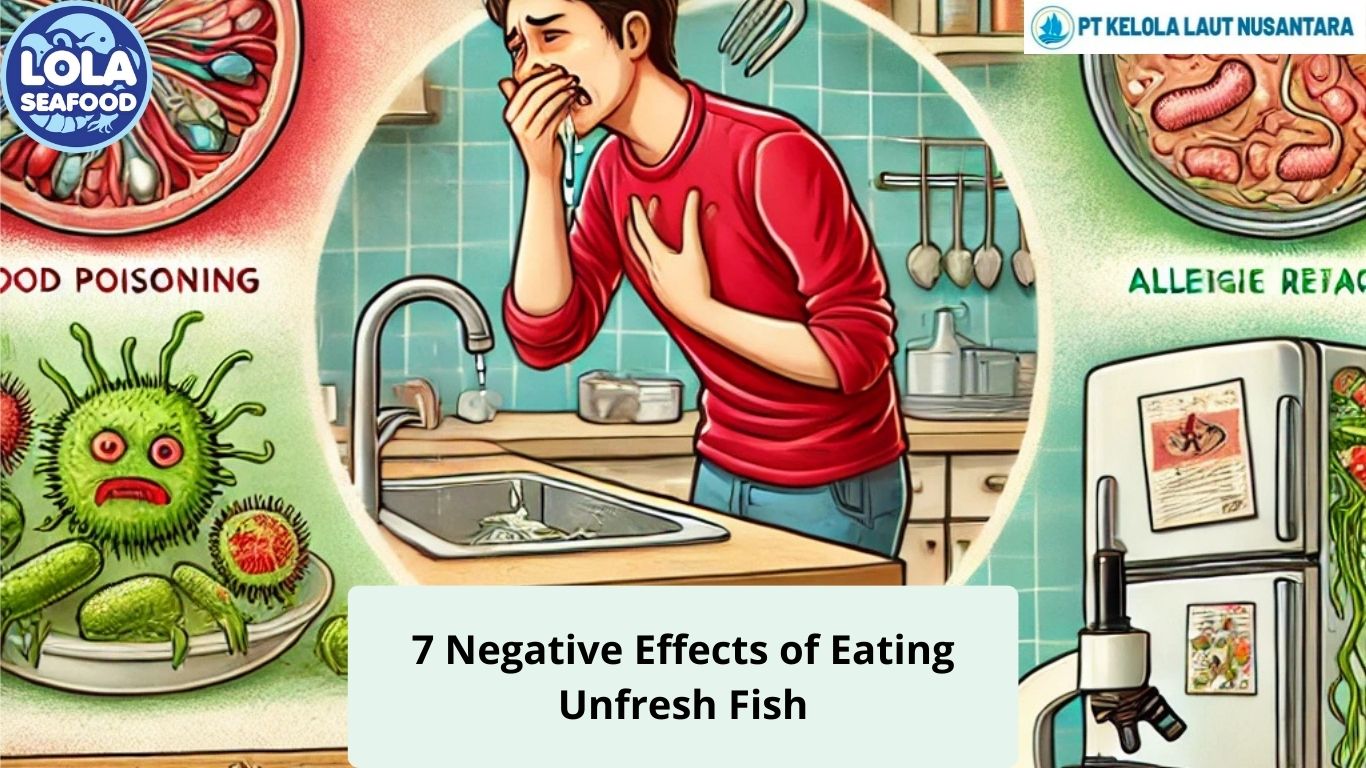6 Bacterias And Parasites That Cause Disease In Farmed Fish
By. Nevanda - 10 Jul 2023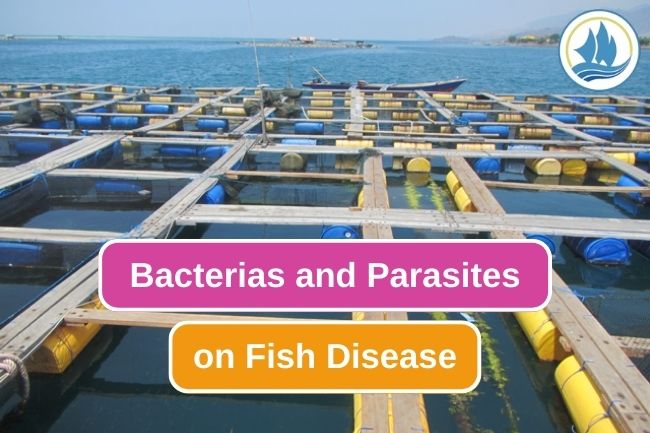
kelolalaut.com - Farmed fish is an important source of animal protein in the fishing industry. However, like other animals, fish are also susceptible to disease. Diseases in fish can cause mass mortality, reduce growth, and negatively affect the quality of fish products. Therefore, it is important for fish farmers to understand the diseases that often appear in farmed consumer fish and know how to deal with them.
Some of the common diseases of farmed fish may differ depending on the species of fish being farmed and the environmental conditions of the farm. Diseases in farmed fish generally come from bacterias, viruses and parasites. Here are some of the bacterias and parasites that can causing diseases that are often found in farmed fish:
1. Aeromonas and Pseudomonas
These bacteria often cause infections in farmed fish. Symptoms include red sores, swelling, ulcers, and loss of appetite.
2. Vibrio
Vibrio bacteria can also cause disease in farmed fish. Vibriosis infection can cause symptoms such as bleeding wounds, darkened skin, swelling, and behavioral changes.
3. Edwardsiella ictalurid
This bacterium causes edwardsiellosis in farmed fish such as catfish. Symptoms include swollen eyes, bloated abdomen, skin discoloration, and loss of appetite.
Read also: 5 Advantages of Trawl as a Fishing Gear
4. Streptococcus
Some species of Streptococcus bacteria can cause disease in consumer fish. Symptoms include swelling, skin discoloration, and internal organ damage.
5. Worm parasites
Infection by worms such as nematodes or flatworms can occur in consumer fish and cause symptoms such as flatulence, decreased appetite, and reduced growth.
6. Myxobolus
This parasite causes myxoboliasis disease in some species of food fish. Symptoms include swelling, skin discoloration, and behavioral changes.
It is important to maintain cleanliness and water quality in the culture environment, as well as organize good feed and nutrition for consumer fish. Careful monitoring of fish and implementation of good farming practices can help prevent and control disease. If there are any concerns related to the health of consumer fish, it is advisable to consult a fisheries expert or veterinarian experienced in fish farming.
Read also: 5 Essential Nutrition Content in Crab
